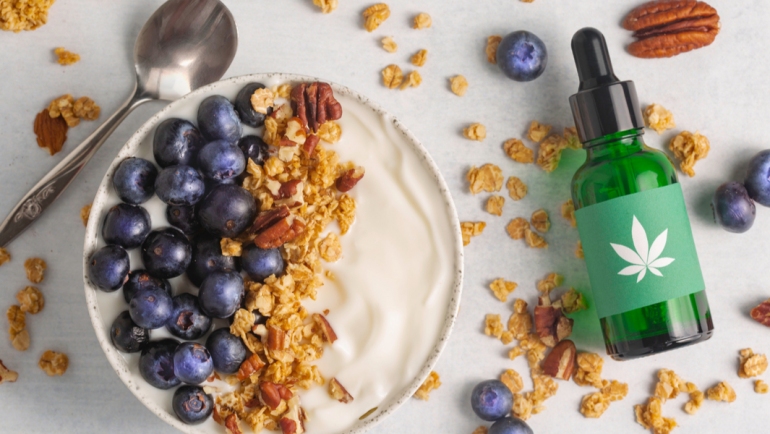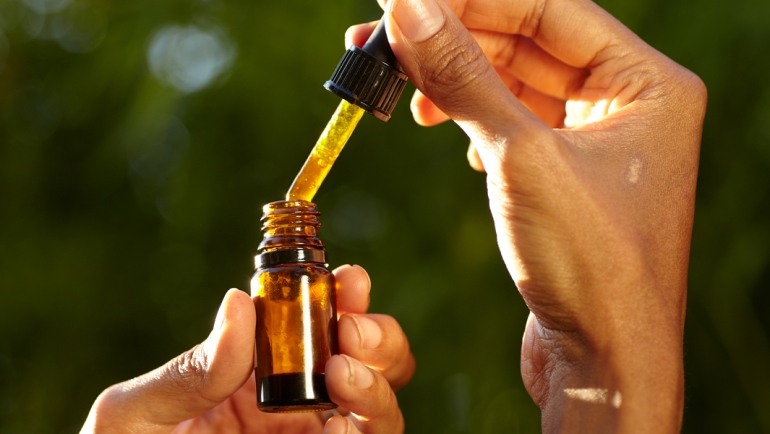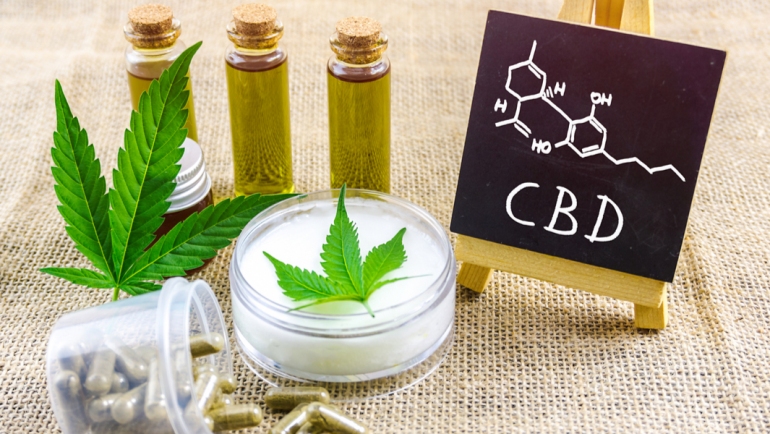5 Reasons Why CBD isn’t Working for You
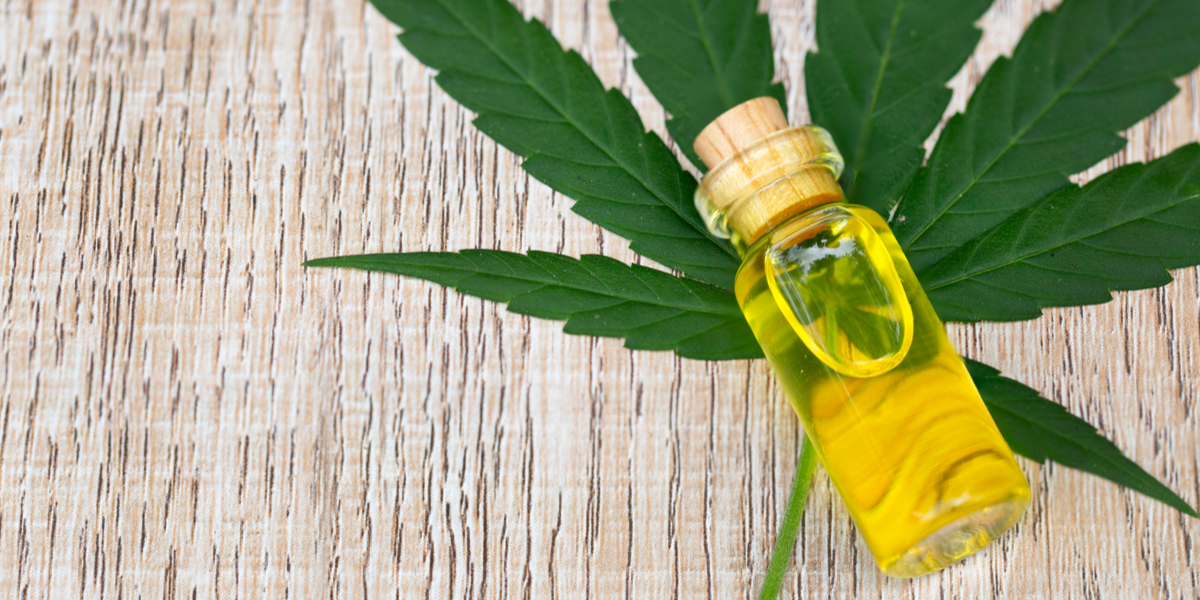
Over recent years, the internet has sung praises for CBD and its potential health benefits. This flurry of positive feedback can be confusing for users who find CBD not working for them. Users who do not feel CBD’s effects may feel led on by false claims.
But just as with any other health product, there are multiple factors that need to be considered before writing off CBD completely.
Why CBD isn’t Working
One of the most popular uses for CBD, or cannabidiol, is reducing pain. Studies have shown that once this hemp compound enters the endocannabinoid system (ECS), it is able to interact with receptors that may help with inflammatory pain.
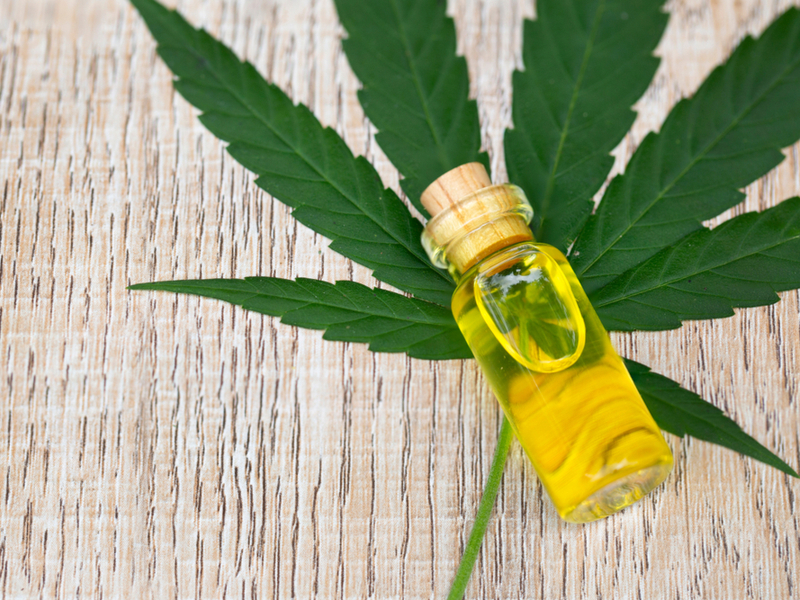
Another common use of CBD is for issues with anxiety. Research has only shown that cannabidiol can modulate serotonin in the brain. Serotonin is directly linked to how the brain processes happiness.
CBD may keep serotonin levels to reduce anxiety.
Several have purchased CBD products hoping to enjoy the effects above. However, many have found their own experiences lackluster. There are many variables to consider when taking this hemp compound.
The individual body types of users play a significant role in how cannabidiol is processed in the body. The severity of the user’s pain or mood disorder should be put into account.
Cannabidiol is a wellness product and not an FDA-approved drug. People suffering from excessive pain or anxiety should consult with a doctor.
The BMI and metabolism of a person also greatly affects the consumption of CBD. These are factors that determine how the body processes CBD.
Low Quality
Unfortunately, the hemp industry is plagued by cross-contamination and mislabelling. This market is not regulated by the Food and Drug Administration or any other regulating body. Companies only have themselves to answer to.
The responsibility to patron and support only the most reputable brands falls largely on the shoulders of consumers. Purchasing products that are of low quality may be the reason why consumers are not noticing any changes.
One method to check that products are of high quality is to see whether they have been third-party lab tested. Third-party lab testing is an extra and expensive step that companies take to show consumers that their products are top-shelf quality.
Through these tests, consumers are able to see the exact chemical composition of their chosen product. They will be able to see how much CBD is in the product, if the product contains the legal amount of THC, and if the product is clean and potent.
Lower quality products may also suffer from poorly sourced hemp. Since CBD products are organic, the quality of the raw hemp material that is used to create the product massively affects the end-product.
If the hemp sourced for the product grew from the soil with heavy metals and pesticides, the produced product contains very little CBD.
Consumers should similarly check if their chosen brands publicly explain what farming methods they use. Brands who meticulously care about every step of the manufacturing process will only produce good quality products.
No Cannabidiol Content
Although it is rare for CBD products to contain zero amounts of cannabidiol, it is still relatively common for brands to lie on their labels about how much CBD is actually in their products.
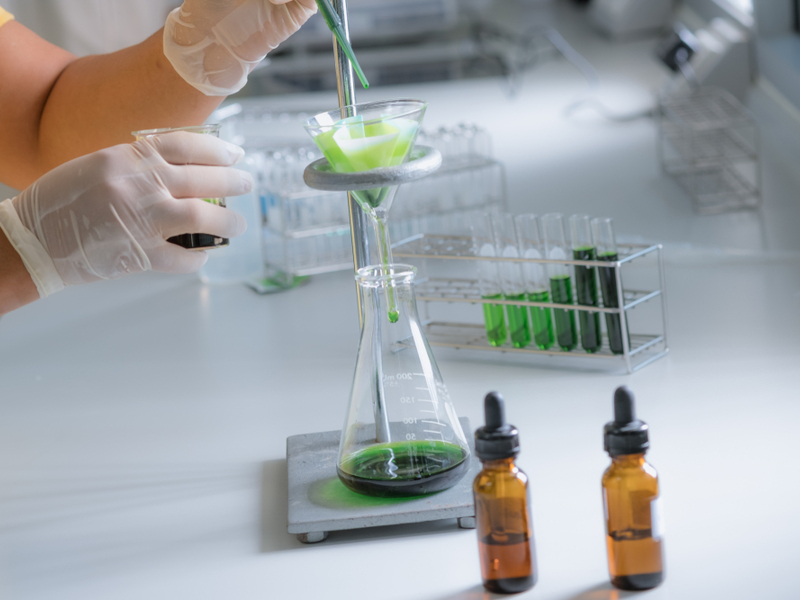
Some brands contain significantly lower amounts of CBD when than advertised. In contrast, some brands also add more CBD than their labels state, increasing the concentration of their product.
Both of these instances are issues. Responsible consumers purchase products with the concentration that they need for their specific conditions and lifestyles. It has been shown that dosage and concentration can significantly alter the effects that this hemp compound causes.
Lower doses of CBD may not be enough to relieve users of chronic pain. On the other hand, high doses of CBD can cause users to feel lethargic and unproductive for the rest of the day.
Users who are anticipating different effects from their CBD dosage can think that the issue is with cannabidiol and not the product they have purchased.
Dosage and Tolerance
Dosage issues usually arise for frequent users rather than novice users. For new CBD users, finding the right dosage may be as simple as trying the recommended amount first and then tweaking the amount or schedule to fit their needs.
But for frequent CBD users, a new kind of dosage problem emerges. After a while, the body begins to develop a tolerance to cannabidiol and decreases the effectivity of the compound. This occurs because users have consumed CBD repeatedly.
The body develops a resistance when microorganisms that were previously affected by a chemical solution gain the ability to withstand these effects.
The solution to this issue is relatively simple. Users simply need to switch to a hemp product with a higher concentration or a better bioavailability score. The bioavailability of a product shows how much CBD actually enters the bloodstream ready to get to work.
Hemp Formulation
The ingredients brands use to create their hemp products can affect the effectivity of cannabidiol.
For CBD oil, many companies use MCT oil as their chosen carrier oil. MCT oil is a kind of oil that has a very high saturated fat content. Cannabinoids are able to bind together better in fat than water so this is a great oil to use to keep CBD effective.
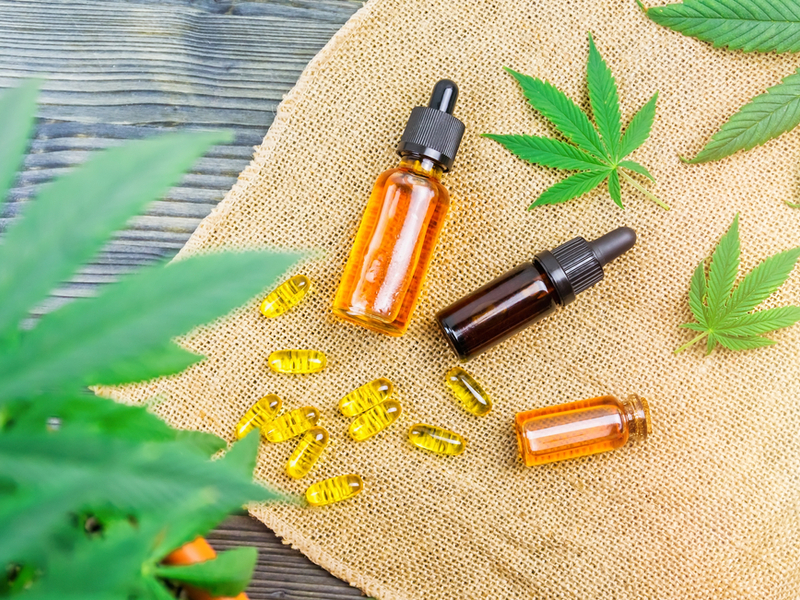
The type of CBD product can also affect its effectiveness and explain why it isn’t working for you.
Full-spectrum and broad-spectrum products activate the entourage effect. This occurs when all of the compounds in the cannabis plant work together to bring out the best in CBD.
The main difference between full-spectrum and broad-spectrum products is that the former contains the legal 0.3% amount of THC, while the former does not contain any.
Since the entourage effect has been activated in these two types of products, consumers may notice a more impactful effect. However, more clinical trials need to be conducted to make a conclusive statement.
Some users may also opt for CBD isolates. These do not contain any other compound aside from CBD and a carrier oil. These usually have a higher concentration so users that benefit from high doses might see a more noticeable change.
Similarly, the method of consumption may be another factor that consumers should look at. Products like organic CBD gummies have to pass through the digestive tract before entering the bloodstream.
By the time the CBD does enter the blood, it is in lower amounts.
Incompatible with your Body
The World Health Organization (WHO) has declared CBD for general consumption. However, if users are taking other prescribed medication, they should make sure that they speak to their doctors before adding cannabidiol to that mix.
Even though the chances of CBD disrupting a prescription schedule are low, there is a chance that a prescribed medication is countering the health benefits of cannabidiol.
In the first place, users should check with doctors before taking CBD but should especially do so if they start to notice negative results.
How to Tell if CBD is Working for You
In general, users should give the body a good amount of time to recognize and process CBD. This may take about one to two months. If users notice no changes after this, they should review their options.
In a survey conducted last year, 90% of test subjects claimed that including CBD into their lifestyle aided in reducing the frequency and duration of their pain. Users with chronic pain should anticipate similar results.
In that same survey, test subjects with mood disorders like anxiety and depression stated that CBD worked best in mitigating feelings of nervousness. Consumers with similar feelings should check that if their state of mind improves after taking CBD.
Is CBD Legal? Hemp-derived CBD products (with less than 0.3 percent THC) are legal on the federal level. Moreover, these statements have not been evaluated by the Food and Drug Administration. This product is not intended to diagnose, treat, cure, or prevent any disease and products that have not been FDA approved. Likewise, you must be at least 21 years old to purchase these products. Talk to your physician or medical doctor for additional information.

